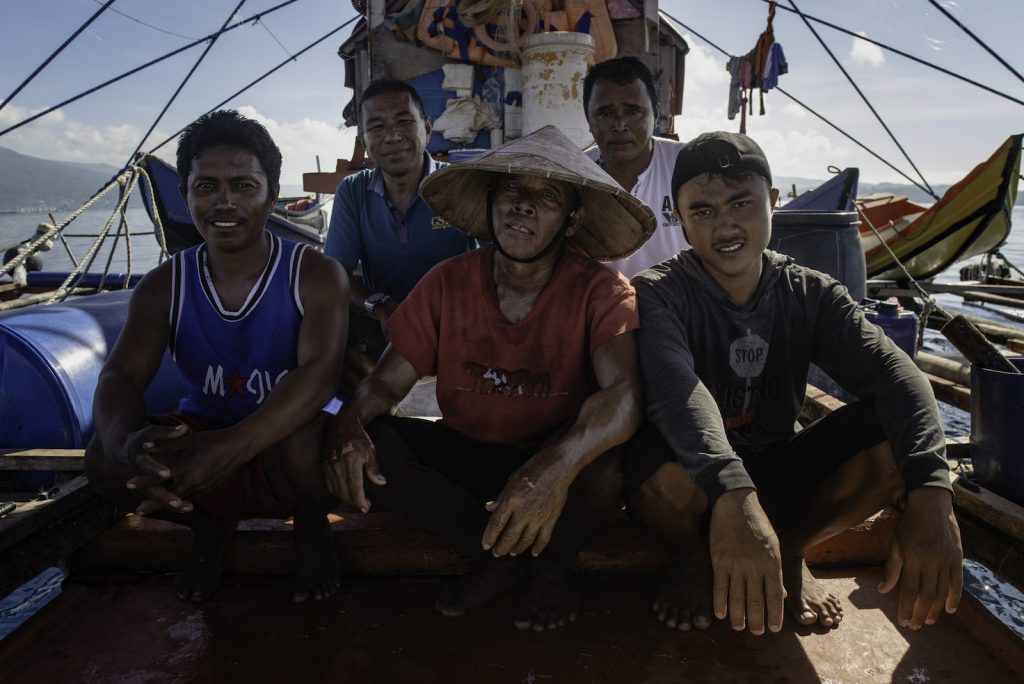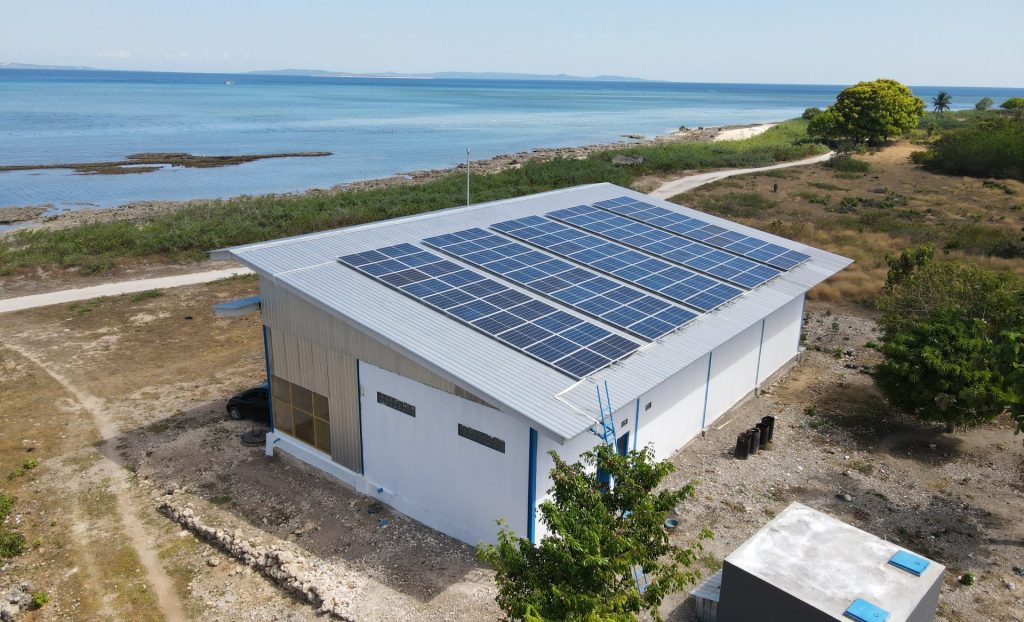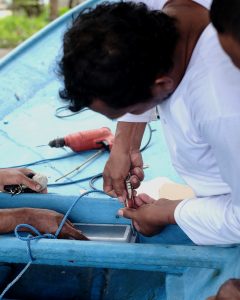With approximately a million tons exported annually, Indonesia is the largest tuna producer in the world. More so, Indonesia is a key player in responsible sourcing practices as a significant portion of its tuna is caught by traditional tuna fisheries using ‘one-by-one fishing’ methods.

These types of fisheries underpin local livelihoods and provide equitable distribution of wealth, food security, and gender equal employment opportunities. However, like most small-scale fisheries, they’re characterised by remote, coastal communities that often lack reliable access to electricity, food safety issues and fish handling, and facilities to maintain a cold chain.
This diminishes the quality and high economic value that the small-scale tuna fisheries usually generate. In Indonesia, a significant proportion of the value of large yellowfin tuna harvested by traditional handline fishers is lost due to inefficient supply chains, lack of infrastructure, poor harvest handling practices and other inadequate systems that compromise fish quality.
The International Pole and Line Foundation’s (IPNLF) local branch organisation ‘Yayasan IPNLF Indonesia’ (YII) and the Deutsche Gesellschaft für Internationale Zusammenarbeit (GIZ Indonesia), together with one-by-one tuna supply chain partners, are now implementing an off-the-grid solar photovoltaic powered ice-making facility as an innovative and modern climate-friendly cold-chain technology in remote Indonesian fishing communities. This innovation has been selected by UNDP’s Ocean Innovation Challenge (OIC), out of 300 proposals received, to promote sustainable fisheries and the Blue Economy, and to receive incubation and financial support for 18 months.

© GIZ, Indonesia 2022
This innovation project aims to deliver transformational change by deploying 100% carbon free solar-powered ice-making machines in remote fishing communities in East Indonesia that produce quality yellowfin tuna intended for high-value markets. This initiative, combined with upskilling fishers to improve handling practices, cold chain protocols, financial literacy, and asset management, will ultimately enhance livelihoods in a climate-friendly manner.
The solar ice maker is a new technology which can produce an industrial standard of ice through an entirely off-grid system. More importantly, these new, cutting edge solar power ice makers are relying on thermal energy storage (instead of batteries) thus do not rely on battery replacement, one of the biggest costs currently associated with solar ice machines.
“With the support from UNDP – OIC, Yayasan IPNLF Indonesia are really proud to be able to facilitate the installation of the latest eco-friendly (fossil free) technology in the village community of Kawa, West Seram. We are looking forward to the successful installation of the solar ice maker and the resulting benefits expected for the small-scale tuna fishermen in Kawa village.”
– Shannon Hardisty, IPNLF Strategy Lead, Indonesia.
“We are happy to cooperate with IPNLF under the UNDP Ocean Innovation Challenge to decarbonize fishery supply chains step by step matching green-tech innovation with sustainable fisheries and income generation in Indonesia’s coastal areas. We hope the project will become one concrete example how the global energy transition can meet local needs.”
– Frank Stegmueller, GIZ

Yayasan IPNLF Indonesia (YII) was awarded the project in July 2022. Work commenced shortly after and the YII team were able to launch the prototype in October 2022.
The first site visit to Kawa was in November 2022 and we have been back twice since for data collection and relationship building within the community.
The main progression from the prototype to now has been integrating the fisher’s skills and needs into the programme and seeing how the cold chain can be improved through the introduction of the ice maker.
Yayasan IPNLF Indonesia (YII), GIZ Indonesia, PT. AIREF and PT. Aneka Sumber Tata Bahari (PT. ASTB) have recently visited the targeted pilot location in Kawa Village, Seram Bagian Barat, Maluku, Indonesia to hold introductory meetings with the local community and to advise on the possibilities going forward, based on the area of expertise of each partner.
Read more about the Project Outline, Prototype and first Site visits here.